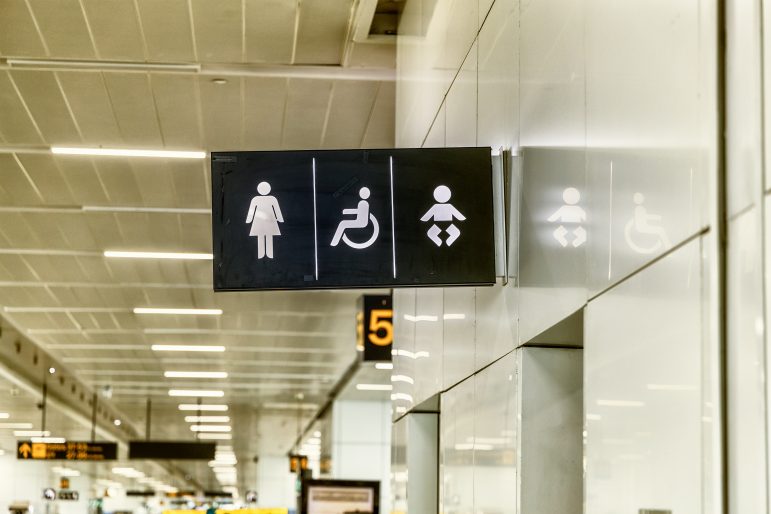As one of the most used and potentially unhygienic areas in a building, how clean and well-maintained your washrooms are goes a long way to communicating the cleanliness and safety of your facility.
A survey by Cintas conducted late in 2021 found that 74 per cent of respondents say dirty washrooms would cause them to have a negative perception of a business.
In addition, among 2,036 U.S. adults surveyed, 68 per cent said they would have a low opinion of a business if its restroom contained empty hand soap, toilet paper, and paper towel dispensers.
“Facility cleanliness has been in the spotlight since the onset of the pandemic and is more important than ever in protecting a business’s reputation,” said John Engel, director of marketing for Cintas. “This survey confirms that a clean and well-stocked restroom is important to any business’s image.”
Older Americans were more likely to form poor perceptions of a business due to the condition of its washroom. The survey revealed:
- 56 per cent of 18- to 34-year-old respondents say dirty washrooms would cause them to have a negative perception of a business compared to 92 per cent of respondents 65 and older.
- 58 per cent of 18- to 34-year-old respondents say foul-smelling washrooms would diminish their perception of a business, compared to 86 per cent of respondents 65 years of age and older.
- 56 per cent of 18- to 34-year-olds say washrooms with empty hand soap, toilet paper, and paper towel dispensers would negatively affect their perception of a business compared to 85 per cent of those 65 years of age and older.
RELATED: Promoting health and safety in the washroom
As for the basic steps that can be taken to ensure your washrooms are projecting cleanliness and inspiring confidence, Jani-King Canada offers a checklist that it says can be applied universally whether the facility in question is an office building, retail store, medical clinic, or restaurant.
That consistent conducting numerous daily checks including checking toilet paper, soap, and paper towel dispensers; wiping down countertops and emptying trash cans; and cleaning toilets and urinals, sweeping floors, and spot cleaning floors. In addition, at least once or twice a week, Jani-King recommends wiping down all flat surfaces with disinfectant, cleaning mirrors, scrubbing sinks and countertops, wiping and polishing faucets, cleaning water marks and other spots from walls, and vacuuming any carpeted areas. Finally, undertake deep cleaning at least quarterly, including removing stains, cleaning grout, washing all walls and partitions, removing calcium build-up on fixtures, and unclogging and cleaning drains.
Meanwhile, the Cintas study finds that it’s not just unclean washrooms that affect perception.
In addition, the survey found that more than two-thirds (68 per cent) of survey respondents say dirty floors would sour their perception of a business, while more than half of respondents say dirty building entryways (57 per cent), obvious use of dirty mops (56 per cent), dirty windows/exterior glass (51 per cent) and poorly maintained parking lots (51 per cent) would negatively influence their opinion of a business.









